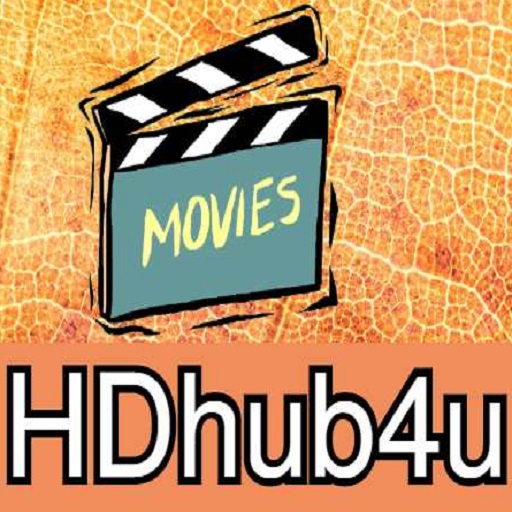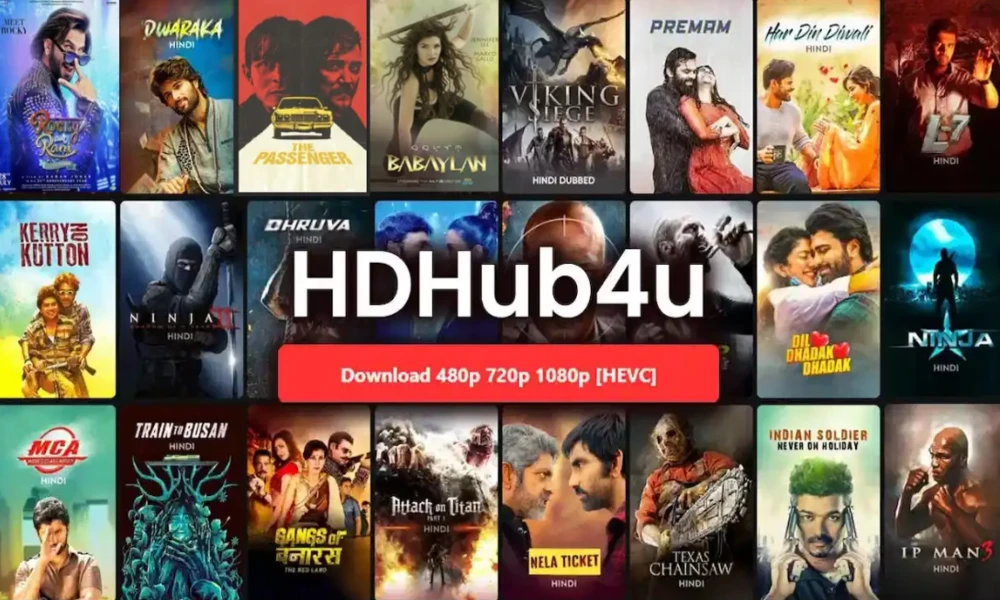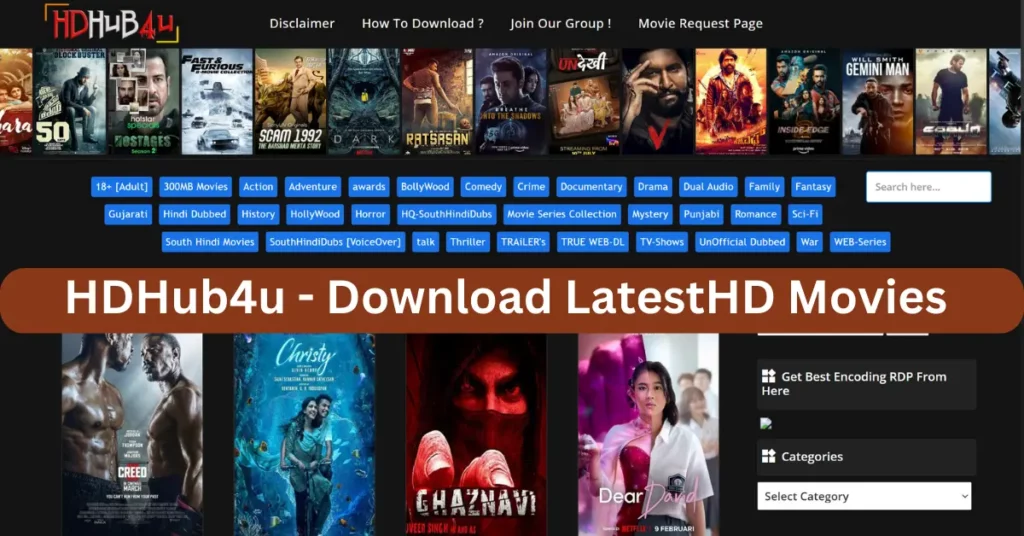Why "No Results Found" Happens & How To Fix It (Search Tips)
In an age defined by instant access to information, are we truly as knowledgeable as we believe? The ubiquity of search engines has fostered the illusion of complete knowledge, yet the stark reality of "no results found" exposes the fragility of this perception.
We've all encountered it: the digital dead end, the frustratingly blank screen proclaiming, "We did not find results for..." followed by the perfunctory suggestion to "Check spelling or type a new query." These simple phrases, repeated ad nauseam, represent more than just a minor inconvenience; they are a jarring reminder of the limits of our digital reach, the vast oceans of unexplored or unrecorded information that lie beyond the algorithmic grasp.
The implications of these "no results" are multifaceted. On the surface, it could be a simple matter of user error a misspelled word, a poorly phrased query. But what if the absence of results points to something more profound? What if the information we seek simply doesn't exist, either because it was never recorded, has been deliberately suppressed, or exists in a format inaccessible to conventional search engines? Each instance of "We did not find results for..." opens a Pandora's Box of possibilities, forcing us to confront the limitations of our supposedly all-knowing digital infrastructure.
- Mkvmoviespoint Your Guide To Latest Movies In 2023 Updated
- Anjali Arora Mms Controversy The Truth Behind The Viral Video
Consider the historical narratives that have been lost to time, the untold stories of marginalized communities, the scientific discoveries that were never documented, or the artistic creations that were destroyed or forgotten. The digital age, for all its promise of preservation and accessibility, is still susceptible to the same forces that have always shaped the historical record. Information can be lost, distorted, or deliberately erased, leaving only a digital void where knowledge once resided. Each "Check spelling or type a new query" becomes a subtle indictment of our reliance on technology as the sole arbiter of truth and knowledge.
The prevalence of readily available information can lull us into a false sense of security, a belief that we have access to a comprehensive understanding of the world. We type a query, receive a list of results, and assume that we have, in some way, mastered the subject at hand. But what about the information that doesn't make it into the search results? What about the nuances, the subtleties, the dissenting voices that are drowned out by the dominant narratives? The "We did not find results for..." experience serves as a crucial counterpoint to this illusion, reminding us that the digital world, for all its vastness, is still an incomplete and often biased representation of reality.
Moreover, the algorithms that power search engines are not neutral arbiters of information. They are designed to prioritize certain types of content, to cater to specific user preferences, and to maximize advertising revenue. This means that certain voices and perspectives are amplified, while others are systematically marginalized. The "Check spelling or type a new query" message can therefore be seen as a symptom of a deeper problem: the inherent biases and limitations of the digital information ecosystem.
- Somali Wasmo Channel Exploring Culture Community Today
- Aditi Mistry Nip Slip Controversy Truth Behind The Video
Imagine a historian researching a forgotten figure from the past, only to be met with the frustrating refrain of "We did not find results for..." Does this mean that the figure never existed, or that their contributions were insignificant? Or does it simply mean that their story has been overlooked, ignored, or deliberately suppressed? The absence of digital evidence is not necessarily evidence of absence. It is a call to dig deeper, to explore alternative sources, and to challenge the prevailing narratives.
The very act of searching, and the expectation of finding, has fundamentally altered our relationship with knowledge. We have become accustomed to instant gratification, to the immediate availability of information at our fingertips. But this convenience has come at a cost. We have lost the art of deep reading, of critical thinking, of questioning the sources of information. The "We did not find results for..." experience can be a valuable reminder of these lost skills, a prompt to engage with the world in a more thoughtful and critical way.
Consider, too, the implications for creativity and innovation. If we rely solely on readily available information, we risk becoming trapped in a cycle of repetition and imitation. The truly groundbreaking ideas, the truly original works of art, often emerge from the exploration of uncharted territory, from the questioning of established norms, from the willingness to venture into the unknown. The "We did not find results for..." experience can be a catalyst for this kind of exploration, a challenge to break free from the confines of conventional thinking and to forge new paths of discovery.
The digital age has democratized access to information in unprecedented ways, but it has also created new forms of inequality. Those who have the resources and the skills to navigate the digital landscape are able to access a wealth of knowledge and opportunity, while those who lack these advantages are left behind. The "We did not find results for..." experience can be particularly frustrating for those who are already marginalized or disadvantaged, reinforcing their sense of exclusion and powerlessness.
Therefore, encountering the phrase "Check spelling or type a new query" should not be viewed as a mere inconvenience, but as an invitation to critically examine the information ecosystem. We must question the sources of information, challenge the prevailing narratives, and be mindful of the biases and limitations of the algorithms that shape our digital world. In short, we must cultivate a more nuanced and critical approach to knowledge in the digital age.
Let's delve deeper into the psychology of the search. The act of formulating a query is, in itself, an expression of a desire to know, to understand, to fill a gap in our knowledge. When that query returns empty, the feeling can range from mild frustration to profound disappointment. It's as if the digital world is telling us that our question is invalid, that our curiosity is misplaced, that our pursuit of knowledge is futile. This can be particularly disheartening for those who are already struggling with feelings of inadequacy or insecurity.
The repeated suggestion to "Check spelling or type a new query" can also be interpreted as a form of gaslighting, a subtle insinuation that the problem lies with the user, not with the search engine. It's a way of shifting the blame, of avoiding responsibility for the limitations of the technology. This can be particularly damaging for those who are already feeling marginalized or disempowered.
But perhaps the most insidious aspect of the "We did not find results for..." experience is its ability to stifle curiosity and discourage further exploration. When we are repeatedly met with empty results, we may begin to question the value of our inquiries, to doubt our own abilities, and to lose our motivation to learn. This can have a chilling effect on creativity, innovation, and intellectual growth.
Therefore, it is essential to develop strategies for coping with the "We did not find results for..." experience. One approach is to broaden our search terms, to explore alternative keywords, and to consider different perspectives. Another approach is to consult with experts, to seek out alternative sources of information, and to engage in critical dialogue with others. Ultimately, the goal is to cultivate a more resilient and resourceful approach to knowledge, one that is not easily discouraged by the limitations of the digital world.
The "Check spelling or type a new query" prompt, while seemingly innocuous, can also highlight the importance of information literacy. In an age of misinformation and disinformation, it is more important than ever to be able to critically evaluate the sources of information, to identify biases and inaccuracies, and to distinguish between fact and opinion. The ability to effectively search for and evaluate information is a crucial skill for navigating the complexities of the digital world.
It also underscores the importance of developing alternative methods of accessing information. While search engines are a valuable tool, they are not the only way to learn and discover. Libraries, archives, museums, and educational institutions all offer a wealth of resources that can supplement and complement the information available online. By diversifying our sources of information, we can reduce our reliance on search engines and cultivate a more well-rounded and informed understanding of the world.
Furthermore, the "We did not find results for..." experience can serve as a reminder of the importance of preserving and archiving information. Much of the world's knowledge is still not digitized, and much of what is digitized is at risk of being lost or corrupted. It is essential to invest in efforts to preserve and archive information, both online and offline, to ensure that future generations have access to the knowledge and insights of the past.
In conclusion, the seemingly simple phrases "We did not find results for..." and "Check spelling or type a new query" represent a profound challenge to our understanding of knowledge in the digital age. They expose the limitations of our digital infrastructure, the biases of our algorithms, and the fragility of our perception of complete information. By critically examining these phrases and their implications, we can cultivate a more nuanced, resilient, and resourceful approach to knowledge, one that embraces both the power and the limitations of the digital world.
Let us now move towards the element you requested, a fictional bio table related to someone who often encounters these search result issues, perhaps an obscure researcher or a forgotten historical figure.
Imagine Dr. Aris Thorne, a historian specializing in obscure 18th-century cartography. His work often leads him down rabbit holes of forgotten maps and incomplete records. He frequently encounters the frustrating message: "We did not find results for..." His research, while groundbreaking in its own niche, often struggles for recognition in the mainstream academic world.
| Category | Information |
|---|---|
| Full Name | Aris Thorne |
| Date of Birth | October 27, 1978 |
| Place of Birth | Oxford, UK |
| Nationality | British |
| Education | DPhil in History, University of Cambridge |
| Area of Expertise | 18th-Century Cartography, Obscure Historical Records |
| Current Position | Independent Researcher, Affiliated with the Antiquarian Map Society |
| Notable Publications |
|
| Awards and Recognition | Small grant from the British Library for research on forgotten mapmakers. |
| Personal Interests | Collecting antique maps, Hiking, Playing the cello |
| Contact Information | aris.thorne@email.com (fictional) |
| Website | Antiquarian Map Society |
Dr. Thorne's experience is a microcosm of the larger issue we've been discussing. His dedication to uncovering forgotten knowledge is often met with digital silence, highlighting the challenges faced by researchers working on less mainstream topics. The "We did not find results for..." message is a constant companion, a reminder of the vast amount of information that remains hidden beneath the surface of the digital world.
To further illustrate this point, consider the broader implications for fields like archaeology, where the discovery of new artifacts or historical sites often relies on painstaking research and the piecing together of fragmented evidence. The absence of digital records can be a major obstacle, forcing researchers to rely on traditional methods of investigation, such as archival research and fieldwork. The "We did not find results for..." experience underscores the importance of these traditional methods, reminding us that technology is not a substitute for human ingenuity and perseverance.
In the realm of artistic expression, the "We did not find results for..." phenomenon can also be a source of inspiration. Artists often draw inspiration from the unknown, from the gaps in our understanding of the world. The absence of readily available information can be a catalyst for creativity, prompting artists to imagine new possibilities and to challenge the established norms. The digital void can become a canvas for artistic exploration, a space where anything is possible.
Moreover, the experience of encountering "no results" can foster a greater appreciation for the value of human connection and collaboration. When we are unable to find the information we need online, we may turn to our colleagues, our mentors, or our friends for help. This can lead to valuable conversations, shared insights, and a deeper sense of community. The digital world, for all its advantages, cannot replace the importance of human interaction and collaboration.
The ethical implications of "no results" are also worth considering. In some cases, the absence of information may be due to deliberate censorship or suppression. Governments, corporations, or other powerful actors may seek to control the flow of information in order to protect their interests or to manipulate public opinion. The "We did not find results for..." experience can therefore be a warning sign of potential abuses of power, a reminder of the importance of protecting freedom of speech and access to information.
In other cases, the absence of information may be due to neglect or oversight. Certain communities or groups may be systematically excluded from the digital record, either because their voices are not valued or because they lack the resources to participate in the digital world. This can lead to a perpetuation of inequality and a silencing of marginalized voices. The "We did not find results for..." experience can be a call to action, a prompt to address these systemic biases and to ensure that all voices are heard.
Let's return to our example of Dr. Aris Thorne and consider how he might navigate these challenges. He likely relies heavily on specialized libraries, historical societies, and personal contacts within the field. He understands that the digital world is only one piece of the puzzle, and that true knowledge often requires a more holistic and interdisciplinary approach. He is comfortable with ambiguity, with the uncertainty that comes from exploring uncharted territory. He embraces the "We did not find results for..." experience as a challenge, a prompt to dig deeper and to uncover the hidden stories that lie beneath the surface.
Ultimately, the "We did not find results for..." experience is a reminder that knowledge is not a static entity, but a dynamic and evolving process. It is a journey of discovery, a constant questioning and exploration of the world around us. By embracing the challenges and opportunities presented by the digital world, we can cultivate a more nuanced, resilient, and informed approach to knowledge, one that is both critical and creative, both analytical and imaginative. The absence of results is not an end, but a beginning. A beginning of a new question, a new search, and a new understanding.
And so, the next time you encounter the frustrating message "We did not find results for..." remember that it is not simply a technical glitch, but an invitation to engage with the world in a more thoughtful and critical way. Embrace the challenge, explore the unknown, and never stop questioning. The pursuit of knowledge is a lifelong journey, and the most valuable discoveries often lie just beyond the reach of the search engine.
Perhaps the greatest lesson embedded within the "We did not find results for..." experience is the understanding that knowledge is not merely the accumulation of facts, but the ability to connect those facts, to interpret them within a broader context, and to draw meaningful conclusions. It is the ability to think critically, to question assumptions, and to challenge the status quo. It is the ability to see the world in new and innovative ways.
And that, perhaps, is the most valuable lesson of all. The "We did not find results for..." experience is not a sign of failure, but an opportunity to learn, to grow, and to become a more informed and engaged citizen of the world.
- Filmyfly Nepali Cinema Your Download Guide Alternatives
- Mkvmoviespoint Your Guide To Latest Movies In 2023 Updated

HDHub4U 2023 Your Ultimate Guide To Movies And Entertainment

HDHub4U 2023 Your Ultimate Guide To Movies And Entertainment

Hdhub4u 2023 Download & Watch Full HD Latest Bollywood, Telugu, Tamil